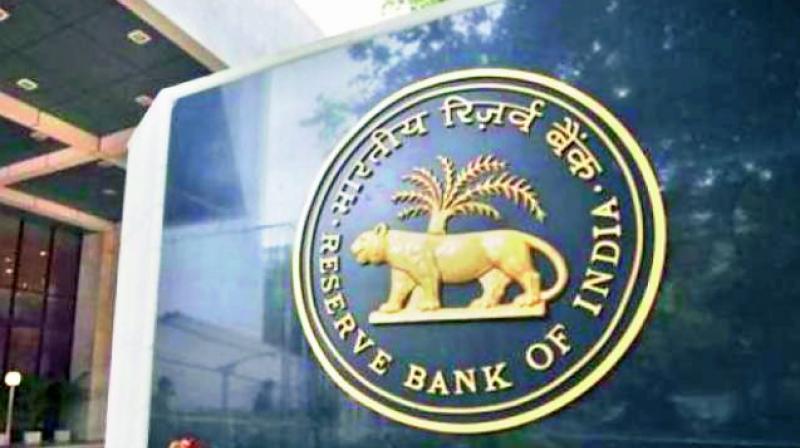Hyderabad: Banks go slow on edu loans as defaults rise
Major defaulters are from Kerala, TN, AP and TS.

Hyderabad: The banking sector is going slow on clearing education loans as 94.68 per cent of such loans are outstanding in public sector banks and the total value of non-performing loans is as high as Rs 5,939 crore.
According to a statement from the Reserve Bank of India, last year saw only a 0.02 per cent growth in this sector.
The State-Level Bankers Committee said the all-India default figure was at 7.67 per cent, with the major defaulters being Kerala and Tamil Nadu (10 per cent) and Andhra Pradesh and Telangana state (5 per cent). Higher education finances are met by banks and various other sources, like non-financial institutions, companies that parents borrow from, friends, relatives, credit borrowing and loan against property as also the unorganised sources.
Professor of finance and strategy area and associate dean of academics at the T.A. Pai Management Institute, Dr Vishwanathan Iyer, said, “The education loan portfolio in India is approximately Rs 80,000 crore, comprising mainly of commercial banks at Rs 73,000 crore, co-operative banks at Rs 2,000 crore and non-banking financial co-operations at Rs 5,000 crore. The highest is by commercial banks who are to disburse on merit to students of lower socio-economic background.”
He said the smaller loans of Rs 4 lakh to Rs 7.5 lakh, for undergraduate courses, had seen the highest defaults. “This is because the students have not been able to get the right job and often parents are not willing to pay,” Dr Iyer said.
“There have also been cases of dropouts when, after a year or two, the student is not willing to complete the course. These factors make it difficult for the parents and the student to repay the loan.”
According to Care Ratings, the small-loan default is as high as 60 per cent. Higher loans, in the range of Rs 10 lakh to Rs 25 lakh, taken for studying at business schools, IITs, IIMs and also for going abroad, has a default rate of five per cent. This is because placements, technical expertise and availability of jobs is guaranteed in this category.
A senior official with a public sector bank said debt servicing was found to be directly related to a college’s reputation, brand and technical superiority. “When parents are involved in student loans, then payment is found to be prompt,” he said. “For this reason, parents are made a part of the contract and the collaterals attached with the loans are those which have the parent as an owner. In this manner, the debt burden on the banks can be reduced. These are new methods which are being tried out to ensure loan recovery is on time.”
But a few parents have protested this move. Att-aching of collaterals is not appreciated. So many are opting for non-banking financial institutions and the unorganised sector for loans. Southern states have reported larger dispersal of loans compared to North India.
The highest figures are reported from Kerala and Tamil Nadu at 36 per cent, and Andhra Pradesh and Telangana state at 20-25 per cent. Interest rates in public sector banks range from 10.25 per cent to 8.25 per cent.

